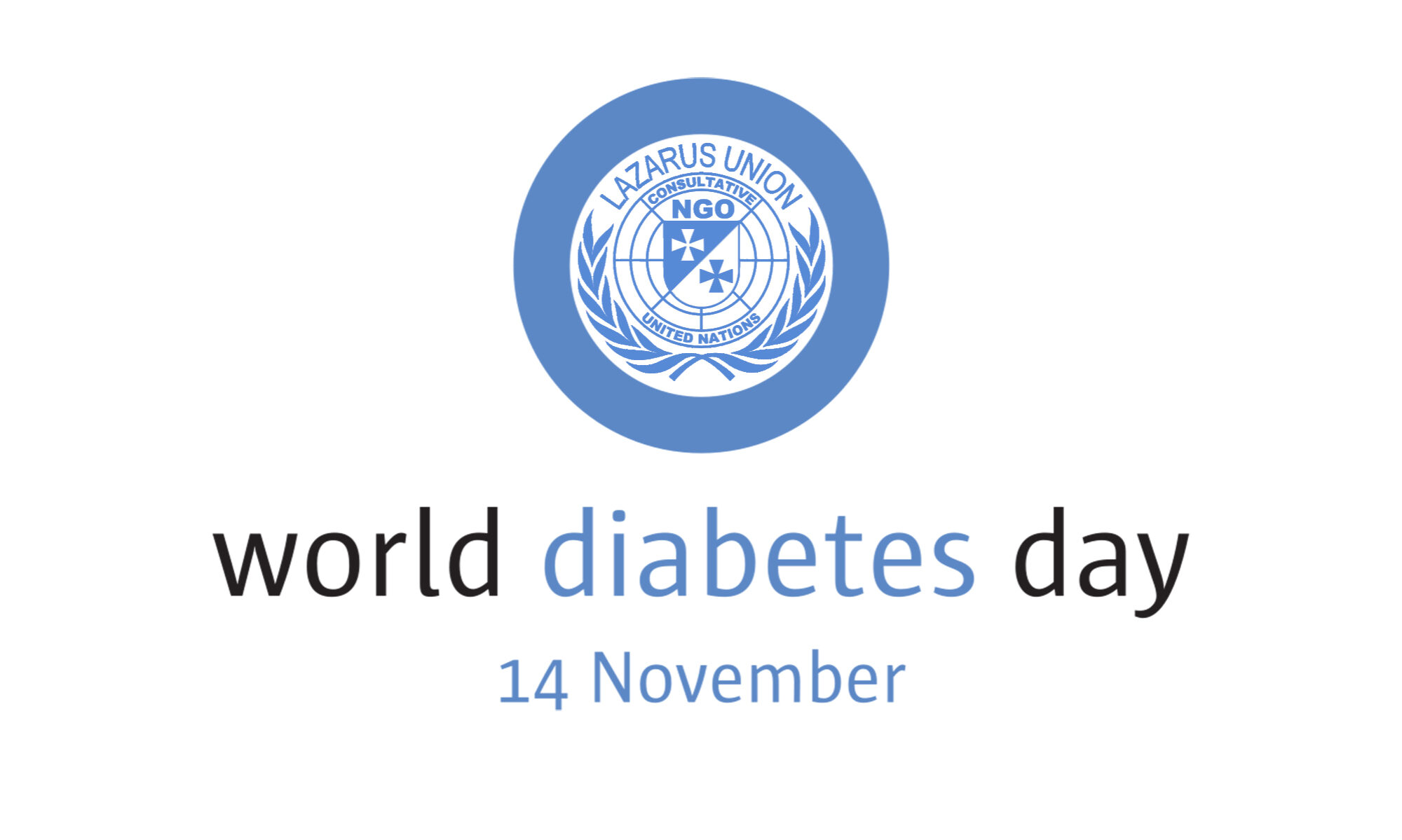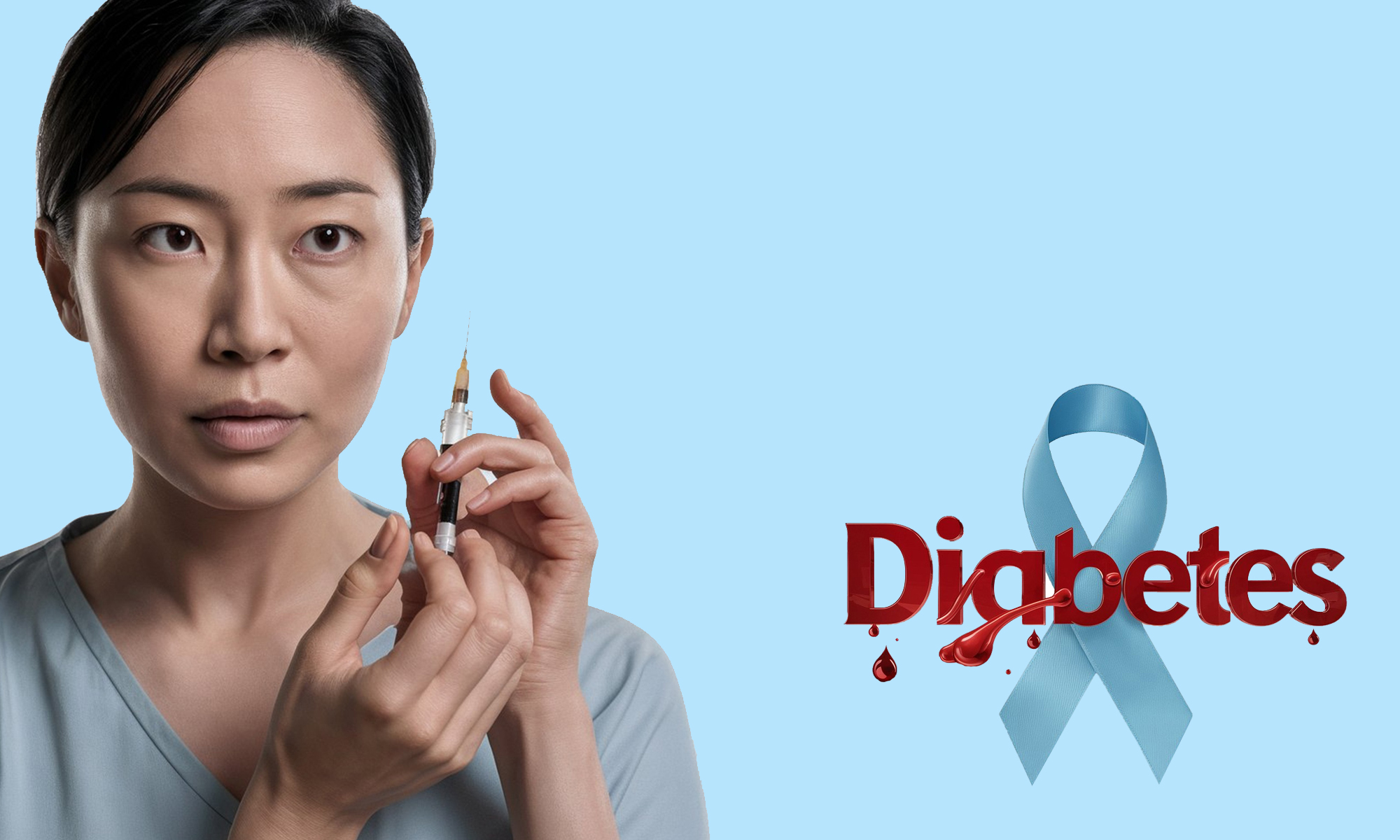Hypoglycaemia refers to a condition in which the blood glucose level in the body is too low, i.e. falls below the normal range. Normally, the blood glucose level is around 70-110 mg/dL (milligrams per decilitre) or 3.9-6.1 mmol/L (millimoles per litre). Hypoglycaemia occurs when the blood glucose level falls below 70 mg/dL (3.9 mmol/L). This condition is particularly relevant for people with diabetes, but it can also occur in non-diabetics.
Causes of hypoglycaemia:
Diabetes: in people with diabetes, too much insulin or other blood sugar-lowering medication can cause blood sugar levels to drop too low.
Delayed or skipped meals: If a meal is delayed or skipped, blood glucose levels may drop because the body is not getting enough glucose from food.
Excessive physical activity: intense physical activity can lower blood glucose levels, especially if there is not enough carbohydrate intake.
Alcohol consumption: Alcohol can prevent the liver from releasing glucose, which can lead to hypoglycaemia.
Symptoms of hypoglycaemia:
Symptoms can vary from mild to severe and may include:
- Shaking or twitching
- Sweating
- Palpitations or increased pulse
- Anxiety or nervousness
- Irritability or restlessness
- dizziness or lightheadedness
- confusion or difficulty concentrating
- pale skin
- tiredness or weakness
- headache
- Hunger
Dangers of hypoglycaemia:
Untreated hypoglycaemia can be dangerous and lead to serious complications, including:
Loss of consciousness: if blood glucose levels become too low, loss of consciousness can occur, which is potentially life-threatening.
Seizure activity: Severe hypoglycaemia can cause seizures.
Brain damage: If the brain does not get enough glucose, brain damage can occur.
Accidents: Hypoglycaemia can cause confusion and impaired cognitive function, increasing the risk of accidents.
Long-term complications: Repeated episodes of hypoglycaemia can lead to decreased awareness of hypoglycaemia in people with diabetes, increasing the risk of further severe hypoglycaemia.
It is important to recognise hypoglycaemia early and treat it appropriately by consuming carbohydrates or injecting glucagon (a hormone that increases blood glucose levels) if necessary. People with diabetes should work closely with their doctor to control their blood glucose levels and prevent hypoglycaemia.
If hypoglycaemia occurs frequently or is severe, it is important to inform the attending physician in order to adjust the diabetes treatment accordingly.

